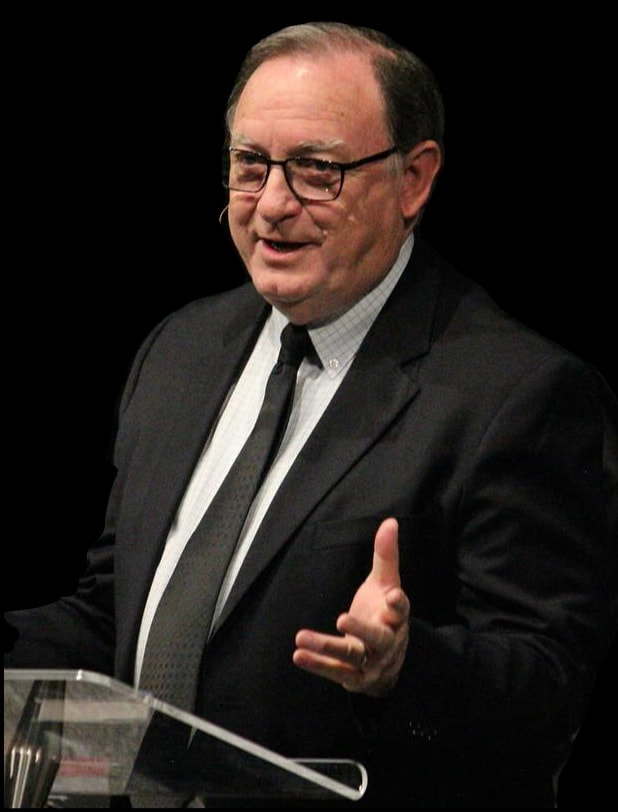AuthorTerry R Baughman is Lead Pastor for LifeChurch in Gilbert, AZ. See his complete bio at trbaughman.com Archives
July 2024
Categories |
Back to Blog
Resurrection Power7/31/2022 Resurrection Power
Knowing Jesus Terry R. Baughman “And with great power the apostles gave witness to the resurrection of the Lord Jesus. And great grace was upon them all” (Acts 4:33 NKJ). Paul’s quest was to know Christ in the power of His resurrection, as written in the epistle to the Philippians. This letter was written while he was imprisoned in Rome. During this time of incarceration he wrote several letters to churches where he had traveled and ministered. At this point in his life he began to reflect what it meant to be “in Christ” and to really “know” Him. Paul had already written to the Corinthian church concerning the resurrection from the dead. He established the validity of Christ’s resurrection attested by more than five hundred witnesses. He revealed that he himself had been a late witness of the resurrection through visions when he was caught up into the third heaven! He wrote with authority about the power of the resurrection, “The body is sown in corruption, it is raised in incorruption. It is sown in dishonor, it is raised in glory. It is sown in weakness, it is raised in power” (1 Corinthians 15:42–43 NKJ). The resurrection is powerful. It is the cornerstone of the Christian faith and the evidence of our testimony of the Gospel. The death, burial, and resurrection of Jesus is the foundation of all our experience. Paul said, “But if there is no resurrection of the dead, then Christ is not risen. And if Christ is not risen, then our preaching is empty and your faith is also empty” (1 Corinthians 15:13–14 NKJ). He viewed the validity of the resurrection as an essential doctrine of the New Testament Church. From the beginning of the Book of Acts the power of their message was seen as they declared the resurrection of Jesus Christ. This was the very thing the religious leaders feared would happen. Not that Jesus would actually rise, but that his disciples would steal the body and then claim He had risen. They knew enough of the teachings of Jesus that this was the expected outcome. Guards were placed at the tomb to prevent anyone from taking the body of Jesus. Of course, the guards were powerless against the actual resurrection. Nothing could prevent the grave from yielding to the voice of the Spirit as Jesus returned to life and vacated the borrowed tomb. So what was Paul’s intention as he wrote about knowing Christ in the, “power of His resurrection?” He had written much and experienced the power of God throughout his ministry. Yet, in these final years his desire was to discard his own attempts to attain righteousness. He called these efforts rubbish. Now, as he neared the end, his only desire was, “that I may gain Christ and be found in Him” (Philippians 3:8–9 NKJ). By this time he is passed ego, no longer seeking to be known of men, and has no other ambition than just to be found in Him. Time has a way of refining our focus and sharpening our goals. Things that once were sought to bring personal satisfaction through our acclaim or attainment of success are no longer the object of our desire. All that matters is to simply know Him! As death looms ever nearer we become more aware of the absolute importance of the message of the resurrection and the hope that lies within us. Paul said that we, “wait with eager hope for the day when God will give us our full rights as his adopted children, including the new bodies he has promised us” (Romans 8:23 NLT). The resurrection power gives us authority now and a bright hope for the future. Theme passage: “I want to know Christ—yes, to know the power of his resurrection and participation in his sufferings, becoming like him in his death, and so, somehow, attaining to the resurrection from the dead” (Philippians 3:10–11 NIV).
0 Comments
Read More
Leave a Reply. |


 RSS Feed
RSS Feed